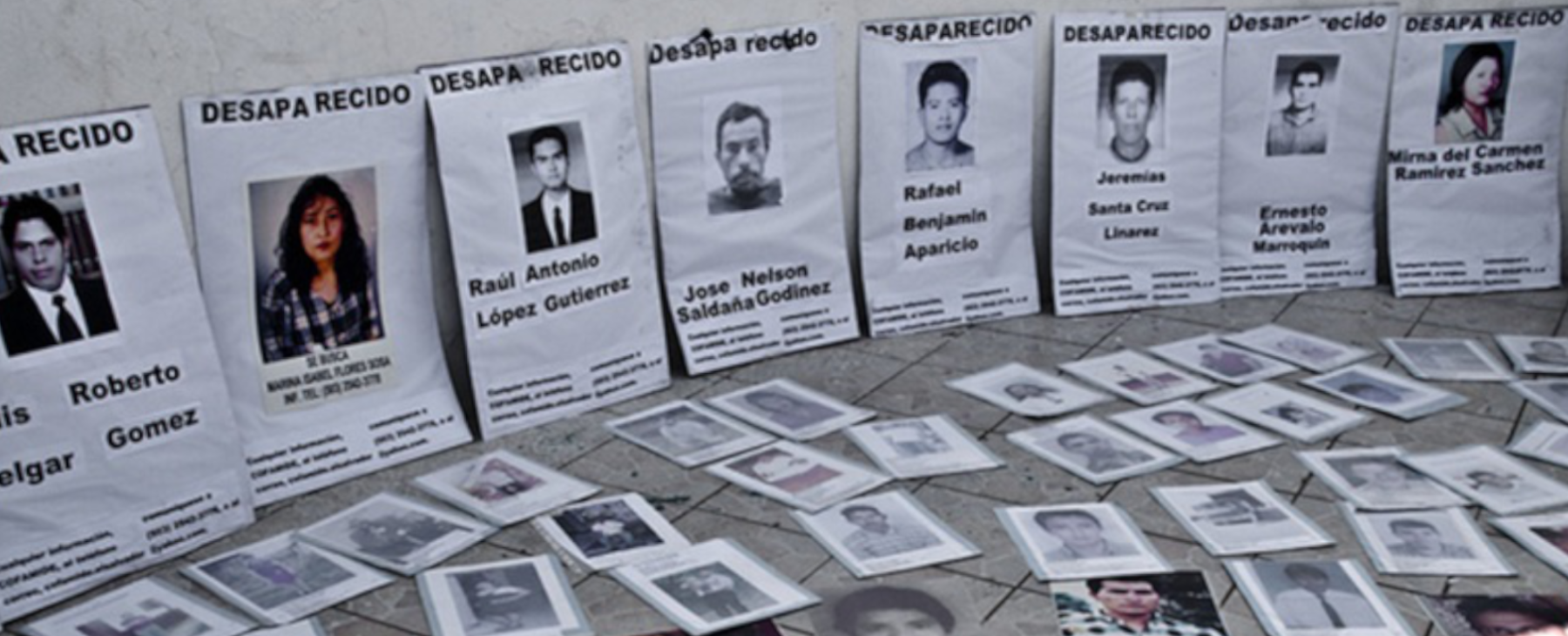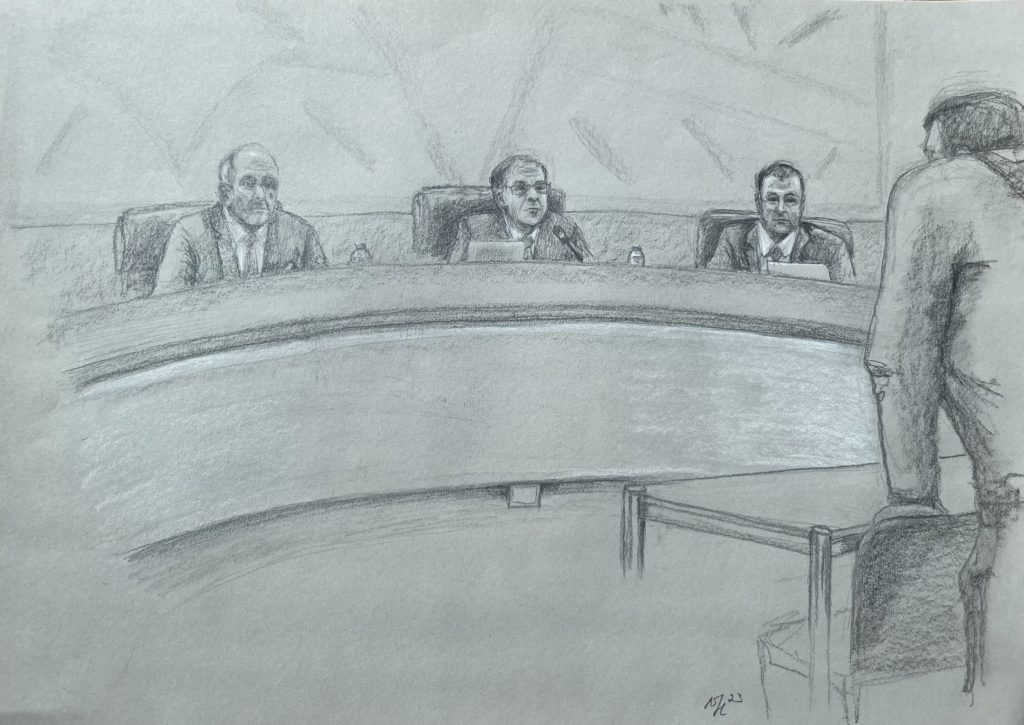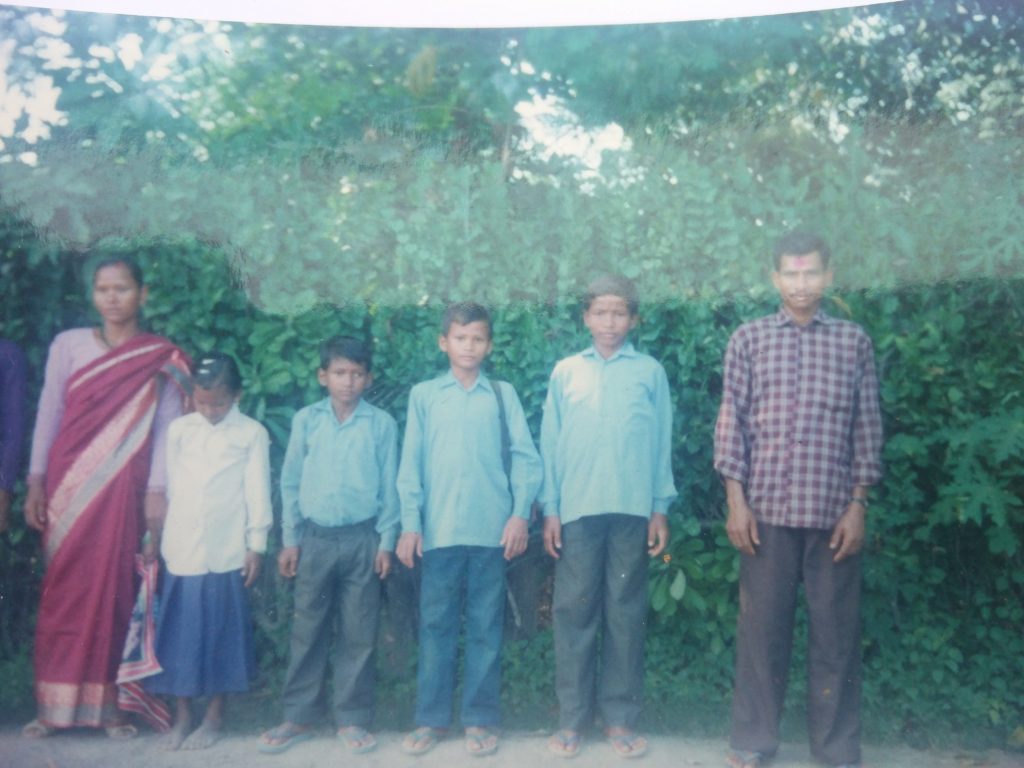Enforced disappearances: Mexico faces its responsibilities
By recognising the binding nature of the urgent actions of the UN Committee on Enforced Disappearances, the Supreme Court of Justice of Mexico is twisting the arm of Mexican national authorities. They will have to shed light on the 424 cases currently pending in the country.

The judgment passed on 16 June 2021 by the First Chamber of the Supreme Court of Justice of Mexico was historic: for the first time, a national court at such high level recognised that the urgent actions issued by the UN Committee on Enforced Disappearances (CED) are binding. This means in practice that state authorities – at all levels– are under the obligation to move quickly to investigate enforced disappearances, to search for disappeared persons, to inform victims of the process and to provide support to relatives of disappeared persons. After having initially issued a press release, the integral version of the judgment was published on 13th of July (available here).
The Mexican Supreme Court’s decision is not only a first, but also particularly significant given the widespread nature of enforced disappearances in Mexico. In fact, 86’000 disappearances have been registered in the country and the CED has received 424 requests for urgent action on Mexico alone (out of 1,013 received in total since the creation of the CED in 2011), but most of these requests have, until now, remained unanswered. This is despite the adoption of extremely progressive legislative measures (known as the “General Law”) to combat enforced disappearances.
“This is not only a positive sign for the families of victims of enforced disappearances in Mexico, who now have confirmation that their government is obliged to respond to their requests for information and support, but also for the families of disappeared persons in the 63 States Parties that have ratified the Convention”, said Daniela Buchmann, Project Manager at TRIAL International. The Supreme Court’s decision reminds the authorities of their obligations under the International Convention for the Protection of All Persons from Enforced Disappearance (ICPED), which was ratified by Mexico on 18 March 2008 and entered into force on 23 December 2010 and goes even further, by recognizing the right of victims to be searched for as a precondition for the enjoyment of the rights to truth and justice.
Before reaching the Supreme Court, the district judicial authorities had long delayed, and tried to deny the binding nature of the CED’s requests for urgent action in the case of the forced disappearance of Víctor Álvarez Damián on 11 December 2013 in Veracruz. In August 2020, on the initiative of I(dh)eas, various NGOs, including TRIAL International, as well as academics and national human rights institutions, submitted several amici curiae briefs, that is, legal arguments addressed to the court to help it draft its decision. “It is remarkable that this mechanism has reached the conclusion advocated for by the victims and civil society organisations, including TRIAL International, and we are delighted to see that our legal arguments have flown into its verdict” notes Daniela Buchmann.
The Supreme Court’s decision to recognise the binding nature of the CED’s requests for urgent action confirms the role and value of this international mechanism, which is often the last resort for victims’ families seeking information about the fate and whereabouts of their loved ones. In many cases, the Mexican authorities have been slow to react, which is all the more problematic in cases of enforced disappearances, where time can be of essence in finding the persons alive. The decision also allows the families of disappeared persons to seek judicial protection at the national level, should the Mexican authorities fail to take urgent action. The pioneering nature of this resolution has already been recognised worldwide, including by the Office of the High Commissioner for Human Rights.
To fully understand the scope of the Mexican Supreme Court’s findings and their ramifications, read Gabriella Citroni‘s article in Opinio Juris.
This article was produced with the financial support of the European Union. Its contents are the sole responsibility of the authors and do not necessarily reflect the views of the European Union.












